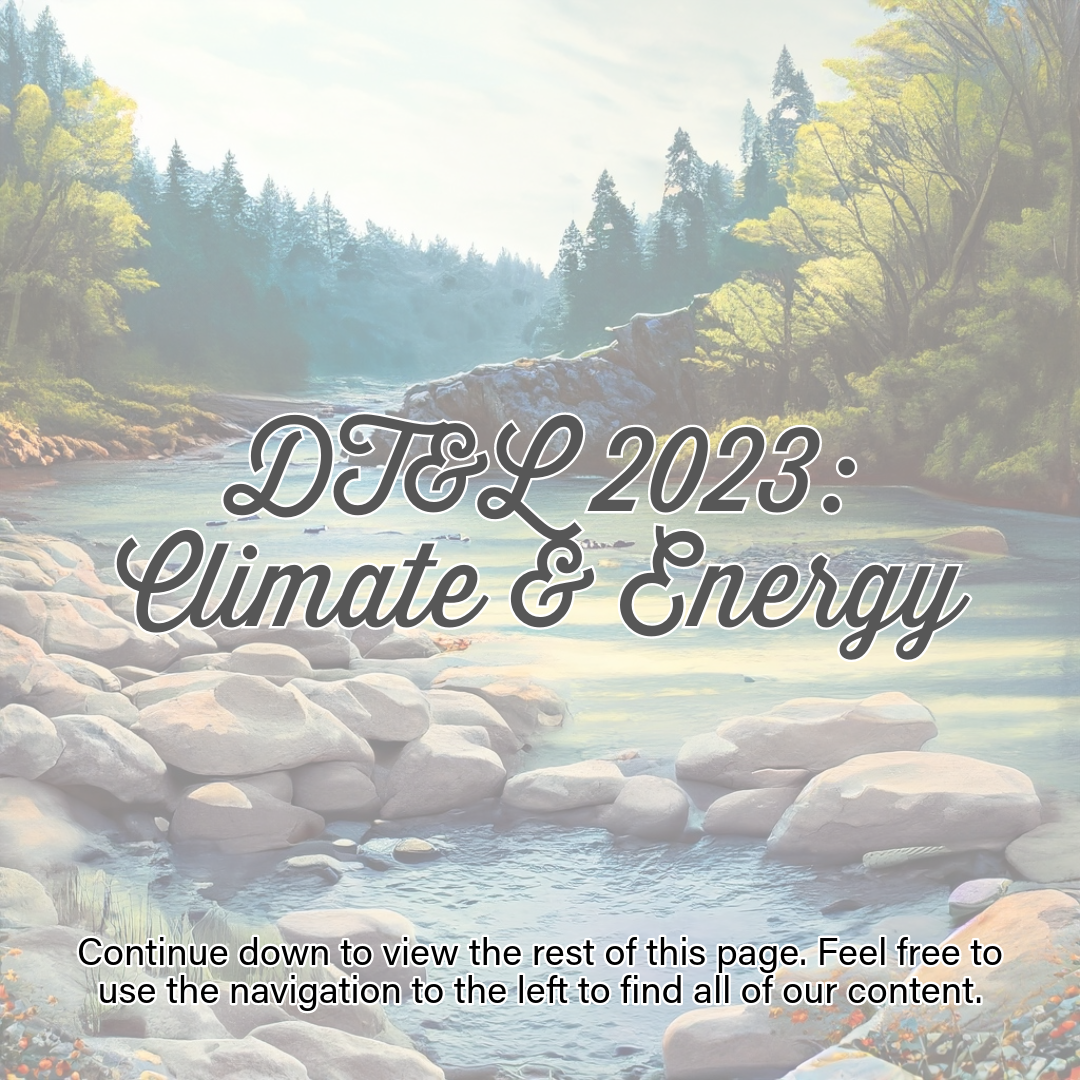This is our preliminary evaluation of our topics. It covers key stakeholders, conflicts, technologies, and domains involed with climate change and energy.
The sector for climate energy includes stakeholders who are providing ways to incorporate renewable energy to reduce harmful emissions and climate change. One area that renewable energy can help advance our economy towards sustainability is in the vehicle industry. The brand Tesla shows the transition of sustainability and the use of clean energy by the operations of the car. Instead of using gasoline which increases air pollution due to the substances produced when it is burned, Tesla uses electricity to power their cars. This causes zero direct emission into the air. Additionally, in allocating methods towards the reduction of pollutants, solar energy is a cleaner alternative to fossil fuels. The company Sun Power Corporation is a solar company that provides power to many areas and promotes sustainable living. Solar energy systems can reduce the amount of greenhouse gas emissions, encouraging the mitigation of climate change and creating a healthier quality of life for humans and animals.
On the other side of this coin, the oil industry is a key stakeholder as it looks to maintain its profitability and success. A transition to cleaner and more effective forms of transportation is facilitated by the move toward EVs and the development of sustainable transportation alternatives that threaten the hegemony of oil-dependent vehicles. This transformation alters the automotive industry's landscape, affecting manufacturers, supply networks, and consumer preferences in addition to lowering greenhouse gas emissions. It is difficult to switch to renewable energy sources since historically, their profitability has been strongly correlated with fossil fuels like oil and natural gas, which may not provide the same quick financial rewards. Additionally, the oil industry often wields political influence, and it may resist regulatory changes that promote renewables while lobbying for policies favoring fossil fuels. Nevertheless, under pressure from the public, shifting business dynamics, and growing worries about climate change, several oil companies have begun diversifying into renewables and low-carbon technology. Companies' approaches to this shift vary greatly in terms of their scope and pace, and many still place a high priority on their fossil fuel operations.
It is important to look at this issue beyond the realm of business. Cities and countries are seeing their infrastructure cripple as a result of climate change. It has been studied that abnormally changing weather conditions can negatively affect the body and 5 million deaths each year are linked to this issue alone. There is also the issue of providing clean energy to nations who are either underdeveloped or developing in terms of infrastructure. Looking at both ways to adapt and mitigate climate change globally and develop a clean energy future is the crux of this project.


